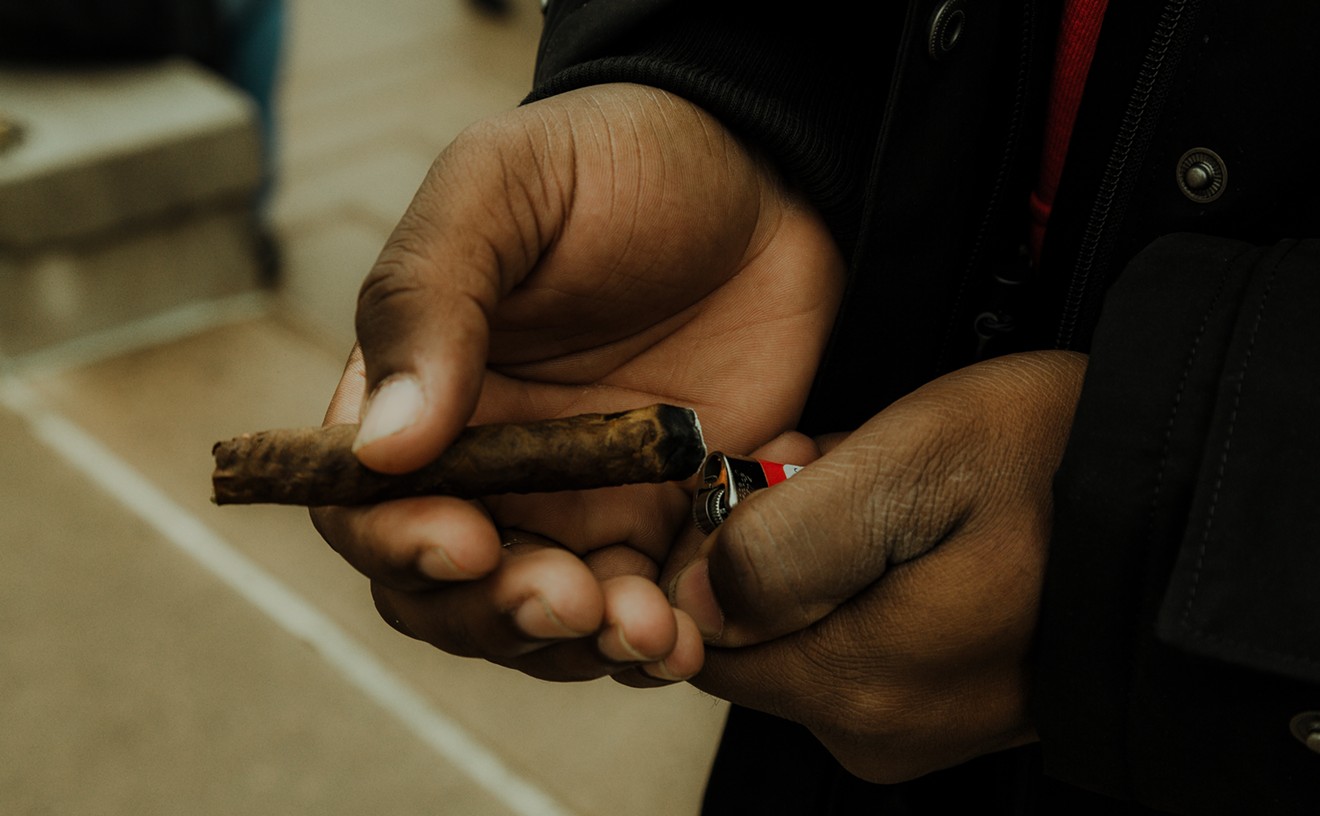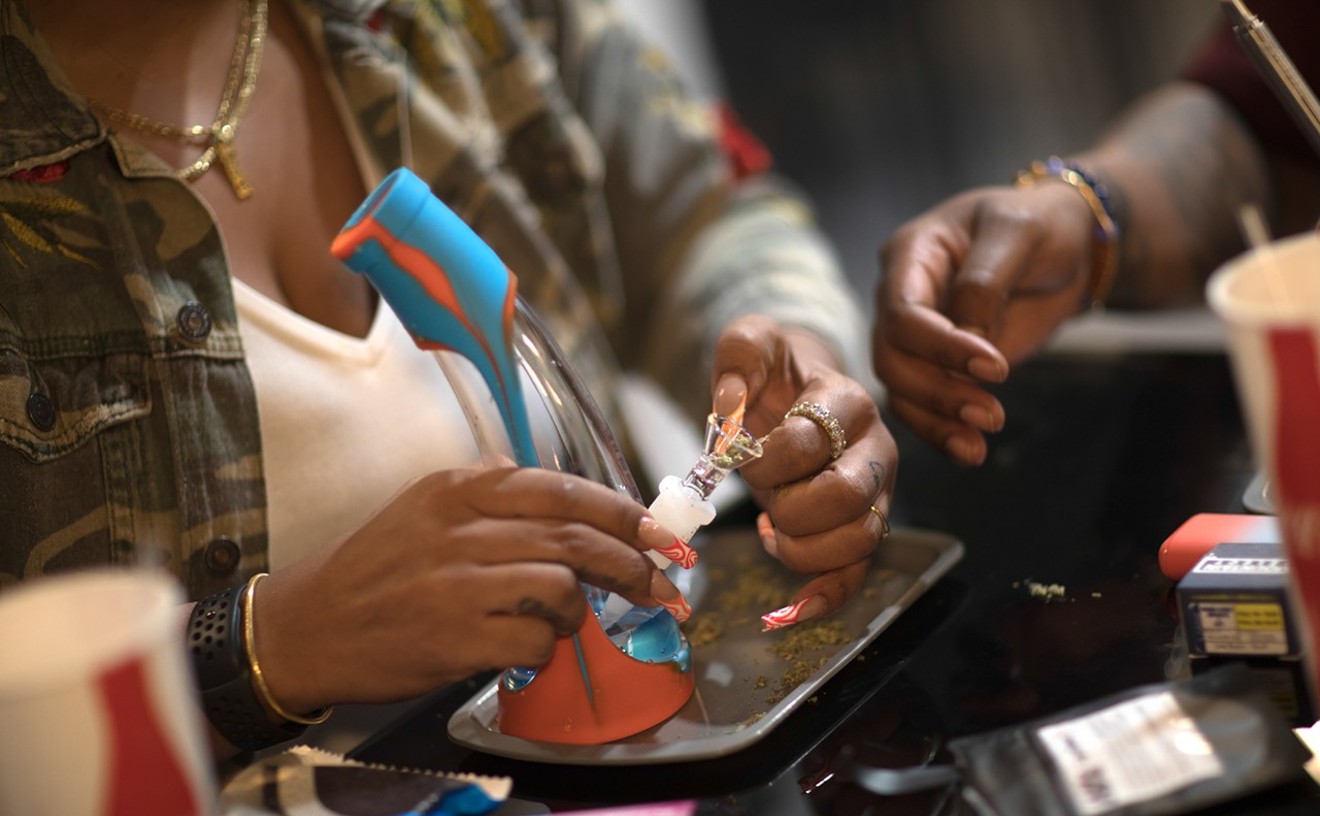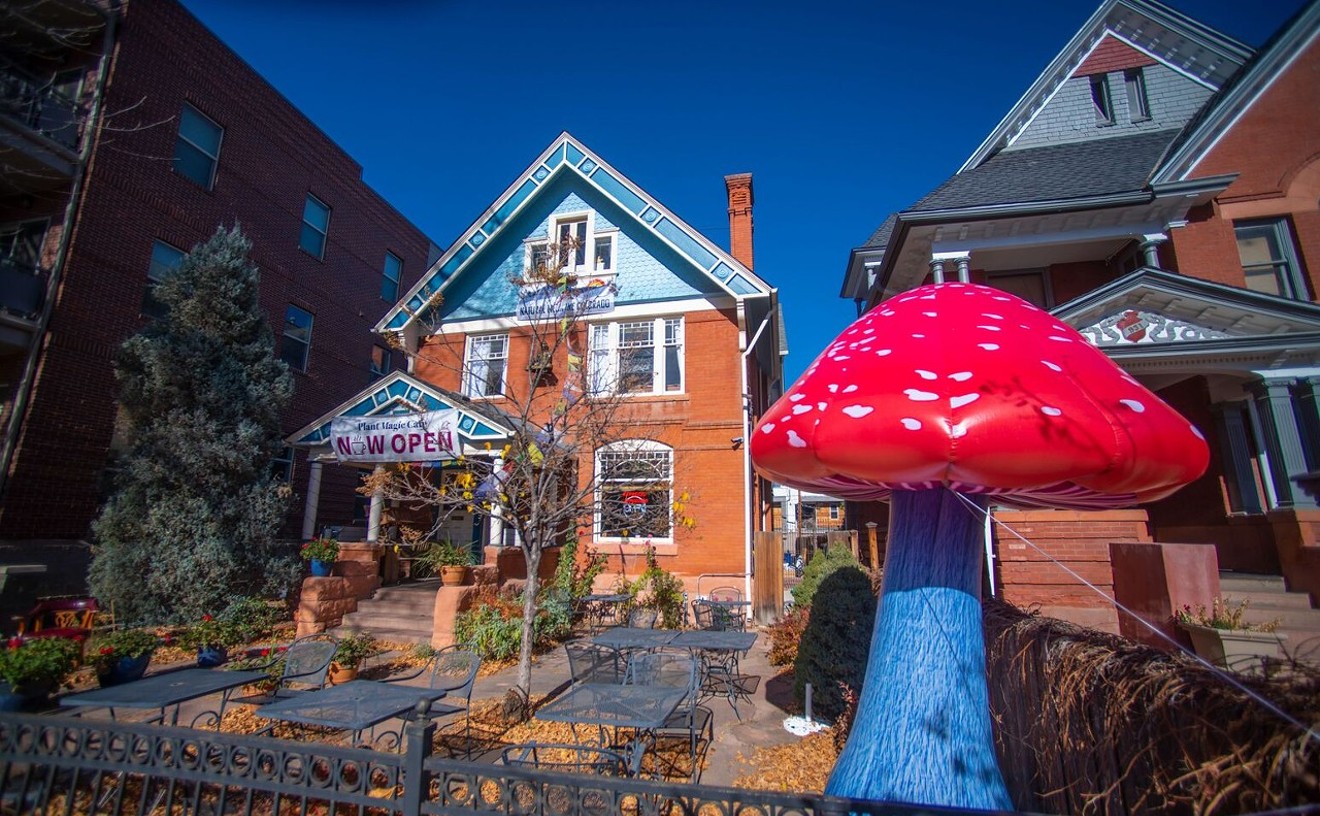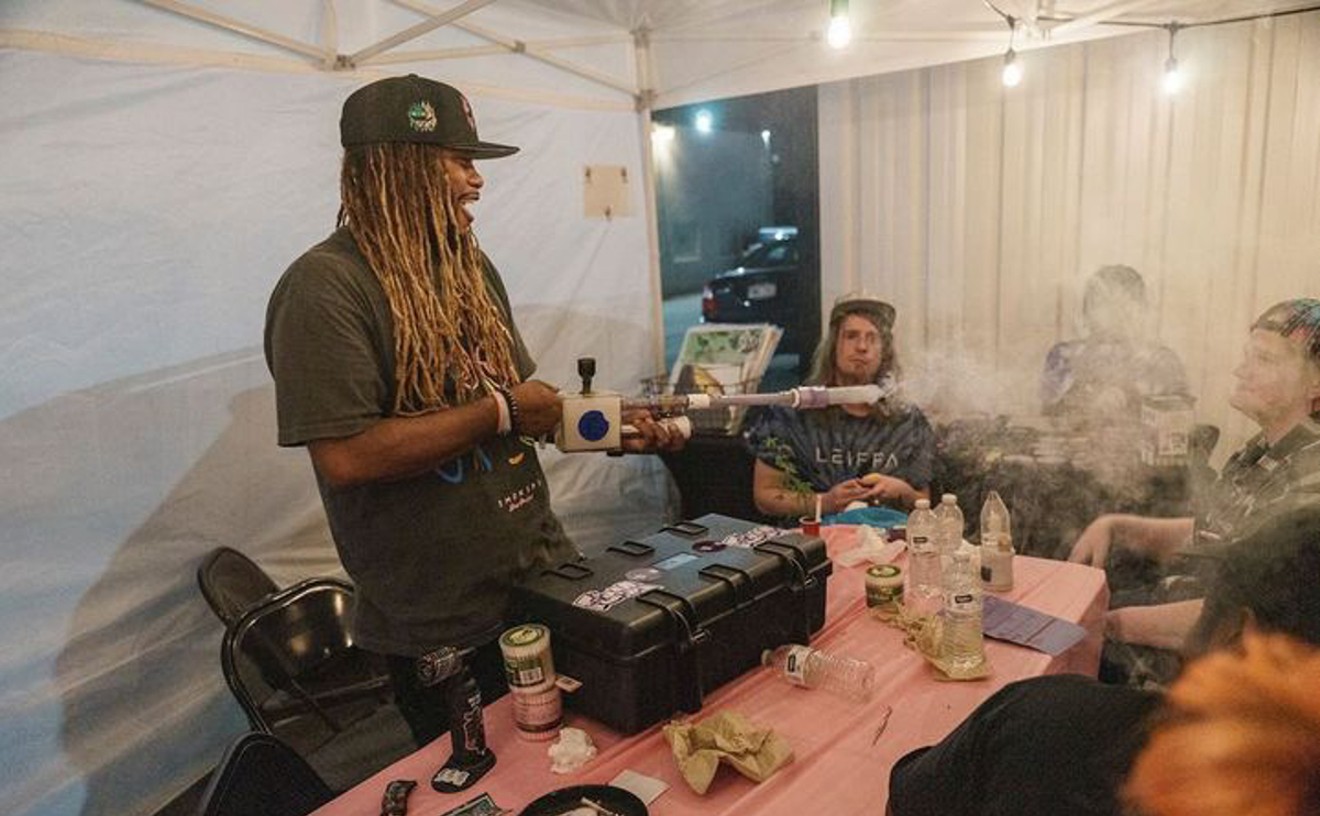The sale of retail marijuana in Colorado has undergone several operational changes in the face of the COVID-19 pandemic, and many of them are likely to become permanent, according to state marijuana regulators.
Since March, Colorado pot shops have been operating under emergency rules and executive orders issued by Governor Jared Polis and the state Marijuana Enforcement Division, including provisions allowing online ordering, curbside pick-up and to-go windows, all of which are banned under standard state rules. The emergency orders have been extended several times during the pandemic, and now the MED is considering setting in stone some of those purchasing options, as well as several other rules to enhance social distancing.
During a September 1 rulemaking hearing, marijuana business owners jumped at the idea of making some of the changes permanent. Bill Delaney, owner of Pagosa Springs medical dispensary Good Earth Meds, says he put a to-go window in his dispensary in two days and wants to keep it there for good.
"We put the window in, and most of our customers are very happy to be redirected," he said. "In addition to that, I feel it's a good business practice. We've streamlined sales a whole lot more. People call in their orders almost all of the time, and it becomes a five-minute transaction instead of a twenty-minute transaction."
The MED is currently allowing dispensaries to modify their store layouts in order to comply with social distancing guidelines without filing the standard licensing application. If store owners want to make these modifications permanent, however, they'll eventually have to apply to the MED for approval and comply with any relevant regulatory orders.
During the meeting, Jordan Wellington, a marijuana business attorney, argued in favor of loosening application requirements and urged the state to keep an open mind regarding to-go ordering similar to that of alcohol sales at restaurants, which was extended by the state legislature for at least one year.
"COVID has allowed the reconsideration of a lot of regulation, not just in the cannabis space," he said. "Were these regulations that we had previously really necessary to protect public health and safety, or maybe COVID has shown us that we can roll some of them back?"
MED officials seemed to favor some of the changes, including the to-go provision. Talking about curbside and to-go options, MED Deputy Director Dominique Mendiola said that the "hope here is that we can have this become a permanent rule." But then she pointed out that most of these rules can be superseded by local regulations, and that "there are some provisions here we simply cannot recommend the adoption of on a permanent basis due to the lack of statutory rulemaking authority."
Before any permanent changes recommended by the MED can become official, they have to be approved by the Colorado Attorney General's Office and the Office of Legislative Legal Services, which have challenged MED changes before, according to Mendiola.
During the meeting, First Assistant Attorney General Ross Hoogerhyde cautioned that there could be challenges to any online ordering that takes payments for marijuana over the Internet, as well as any to-go or curbside marijuana transactions that take place outside a dispensary's licensed premises.
The MED is still taking public comments while the department drafts final recommendations for the state, which will be presented to the public on September 22.
[
{
"name": "Air - MediumRectangle - Inline Content - Mobile Display Size",
"component": "12017618",
"insertPoint": "2",
"requiredCountToDisplay": "2",
"watchElement": ".fdn-content-body",
"astAdList": [
{
"adType": "rectangle",
"displayTargets": "mobile"
}
]
},{
"name": "Editor Picks",
"component": "17242653",
"insertPoint": "4",
"requiredCountToDisplay": "1",
"watchElement": ".fdn-content-body",
"astAdList": [
{
"adType": "rectangle",
"displayTargets": "desktop|tablet"
},{
"adType": "rectangle",
"displayTargets": "desktop|tablet|mobile"
}
]
},{
"name": "Inline Links",
"component": "18838239",
"insertPoint": "8th",
"startingPoint": 8,
"requiredCountToDisplay": "7",
"maxInsertions": 25
},{
"name": "Air - MediumRectangle - Combo - Inline Content",
"component": "17261320",
"insertPoint": "8th",
"startingPoint": 8,
"requiredCountToDisplay": "7",
"maxInsertions": 25,
"watchElement": ".fdn-content-body",
"astAdList": [
{
"adType": "rectangle",
"displayTargets": "desktop|tablet"
},{
"adType": "rectangle",
"displayTargets": "desktop|tablet|mobile"
}
]
},{
"name": "Inline Links",
"component": "18838239",
"insertPoint": "8th",
"startingPoint": 12,
"requiredCountToDisplay": "11",
"maxInsertions": 25
},{
"name": "Air - Leaderboard Tower - Combo - Inline Content",
"component": "17261321",
"insertPoint": "8th",
"startingPoint": 12,
"requiredCountToDisplay": "11",
"maxInsertions": 25,
"watchElement": ".fdn-content-body",
"astAdList": [
{
"adType": "leaderboardInlineContent",
"displayTargets": "desktop|tablet"
},{
"adType": "tower",
"displayTargets": "mobile"
}
]
}
]












